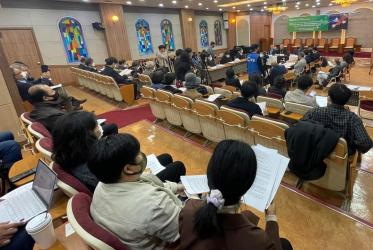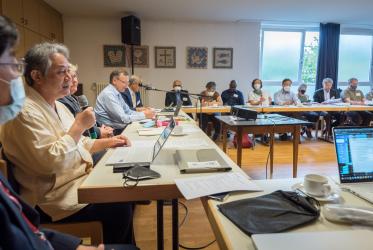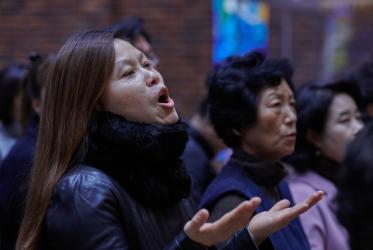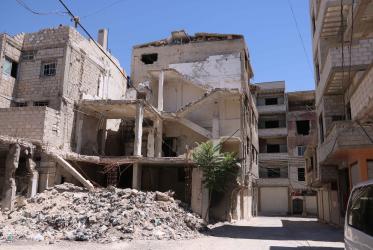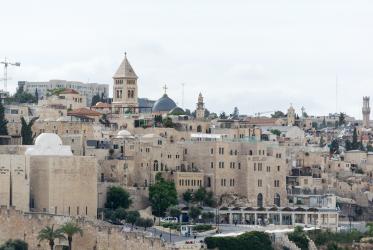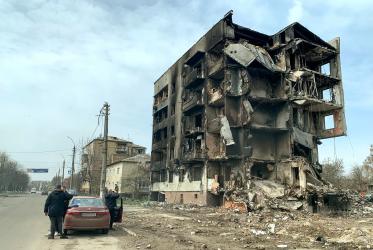Perspectives from an International Consultative Process
The WCC, the Protestant Church in Germany and the United Evangelical Mission, initiated a two-year process of ecumenical study and reflection on the relationship between human dignity and human rights from biblical, theological, and victims’ perspectives, culminating in a Conference on Christian Perspectives on Human Dignity and Humans Rights held in Wuppertal (Germany) and online from 9–12 April 2022.
This publication consists of papers received from theologians, people with different academic backgrounds, experts in ethics and human rights, and human rights defenders—together with the joint message of the conference participants.
19 August 2022
